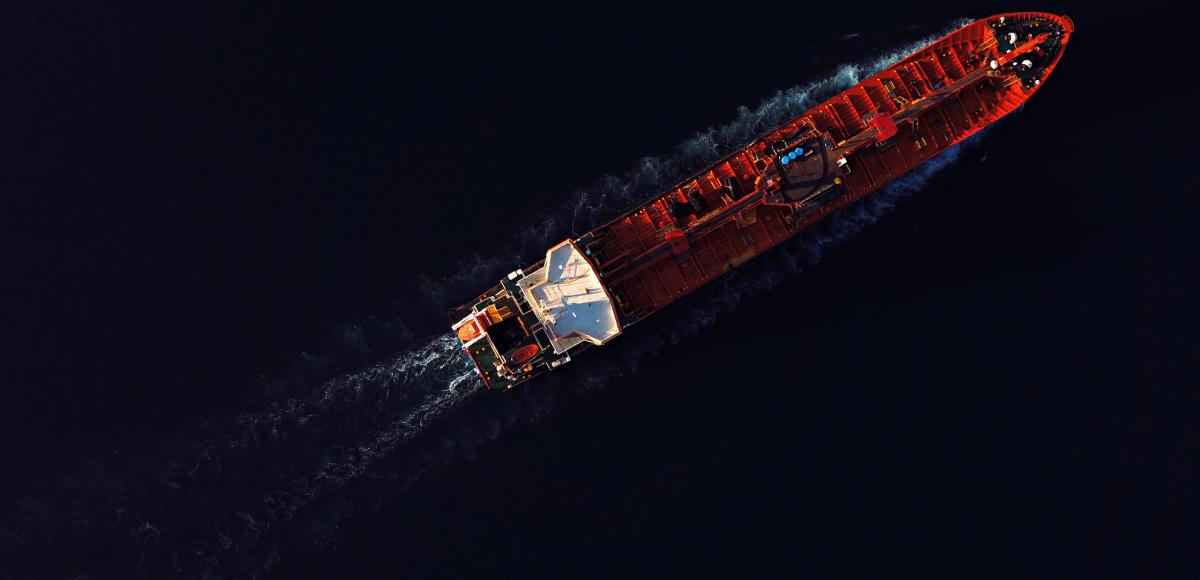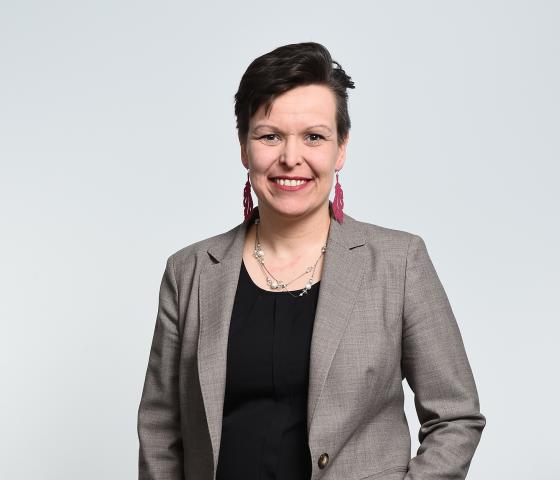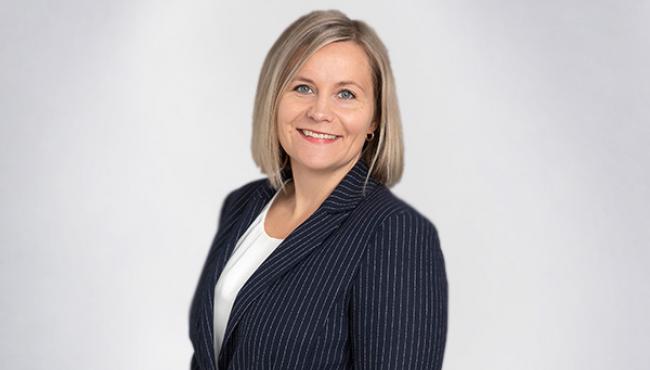
Pilot project in the Baltic Sea to improve responsible ship generated waste management
Pilot project in the Baltic Sea to improve responsible ship generated waste management
There are approximately 2000 cargo ships sailing in the Baltic Sea every day. The waste waters and food waste generated onboard can be legally discharged into the sea. The discharges contribute to eutrophication, oxygen depletion and increase the amount of marine litter. AFRY participated in a pilot project together with Baltic Sea Action Group (BSAG).
The pilot project is linked to the BSAG project on responsible shipping, funded by the European Maritime and Fisheries Fund’s Finnish Operational Program 2014–2020, aiming at reducing the environmental burden of shipping. The pilot project concentrated in the following questions:
- How could the discharges into the Baltic Sea be reduced?
- How could the ships be encouraged to leave their waste to ports?
- How could the ship generated waste be managed more efficiently at ports?
- How could the waste recovery and utilization be increased?
- How could the communications and information exchange between the stakeholders be improved?

”Sustainable solutions and promoting responsible operations are the guiding principles of all work at AFRY. We are proud to offer our circular economy and waste management expertise for the benefit of the Baltic Sea. The Baltic Sea has unique characteristics, but because it is a shallow sea with relatively low salinity, it is also highly vulnerable to different kinds of environmental loads. By this project, we can make a concrete effort to improve the state of the Baltic Sea, says Kaisa Vähänen, Head of Business Unit Environment at AFRY.
The Port of Oulu was chosen as the pilot case, and was chosen since it is a busy general port with an emphasis on development and numerous stakeholders in the value chain.
”The port is a good example of a value chain with numerous stakeholders. In addition to actual waste, the value chain covers information exchange. The pilot project covered all waste categories generated onboard the ships and ashore at ports. We are delighted that so many companies wanted to participate in this joint exercise”, comments Elisa Mikkolainen, project director at BSAG.
The project aimed at significantly increasing the volumes of waste discharged on land, with the help of voluntary practices of the stakeholders and by improved communication. During the project, altogether 40 representatives of stakeholders including Port of Oulu, ship owners, ship brokers, port operators, waste management companies etc. were interviewed, and a workshop with 25 participants was arranged.
“The Port of Oulu aims at becoming the pioneer of responsible port operations. We have set our sustainability goals high, and we work towards them consistently. BSAG’s pilot project for decreasing of the environmental load of shipping is a very import step towards this goal, and at the same time also an opportunity to promote cooperation between the stakeholders in the area”, states Päivi Vähänikkilä-Kuronen, Business Development Manager at Port of Oulu Ltd.
As a result of the project, an overall picture of all the issues and challenges related to the waste management at shipping and port operations as well as the goals and the willingness of the stakeholders to improve the current situation, was assessed. New ideas and best practices for improved waste management and utilization and better communication were generated and improvement opportunities suggested based on circular economy principles.
Active communication and collaboration are vital for understanding the environmental boundaries and possibilities within the value chain. This pilot project has already brought the stakeholders together, and concrete collaborative results have already been gained, e.g. in the field of utilizing the cargo washing waters to recover valuable compounds such as nutrients.


